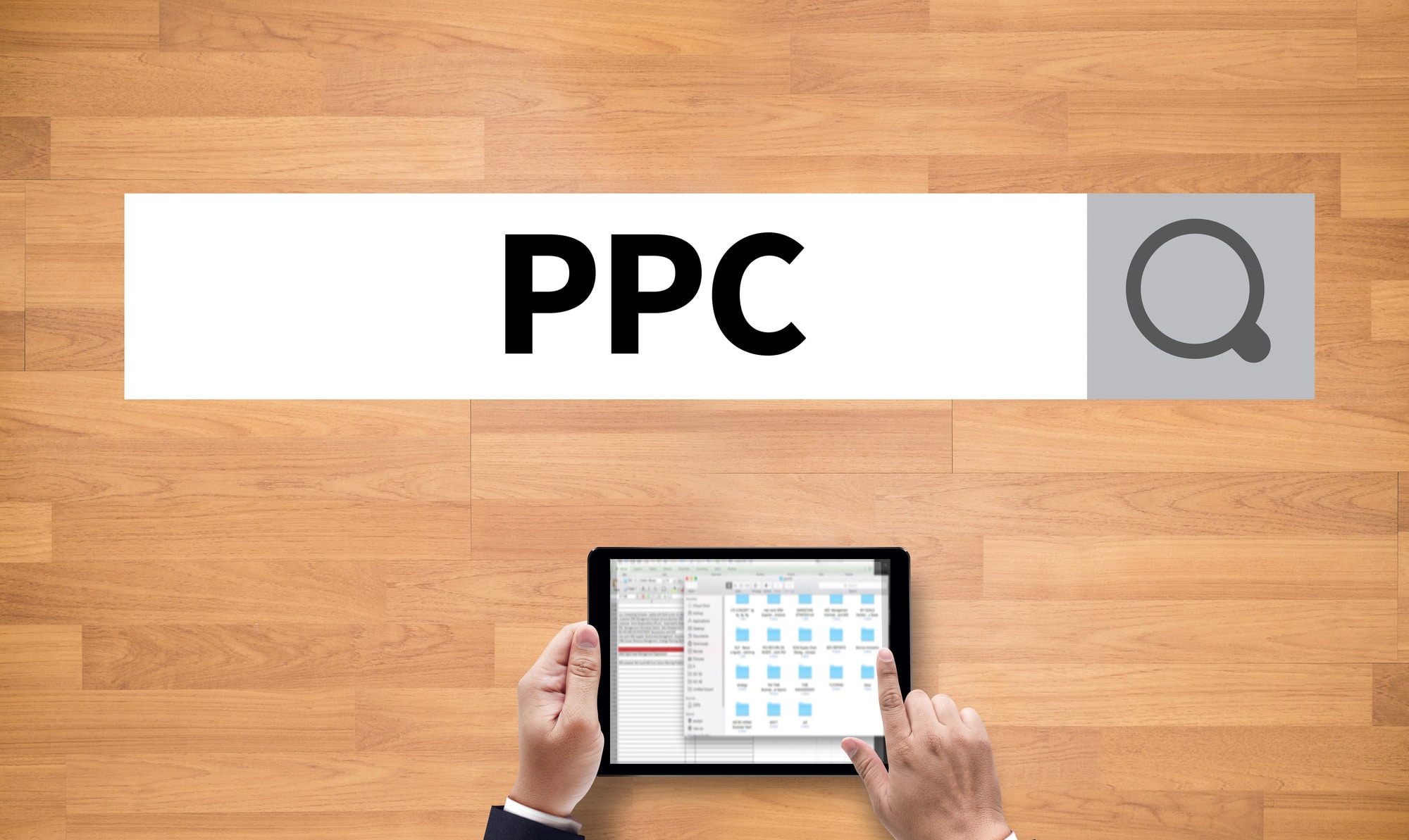The first place almost anyone looks these days when they are trying to find a company to work with is a search engine. Getting found on search engines isn’t as easy as it might seem. There are a few fundamental concepts to look at when trying to get your company’s website higher in search results.
- When you submit a search on a search engine (e.g. Google, Yahoo, Bing, etc.) you are not actually searching the internet. Rather, you are searching that particular engine’s index of the web. If a website has not been submitted to a search engine by a search engine optimization specialist or doesn’t have any other websites linked to it, it will most likely not be indexed by the search engines.
- Search engines are impartial in their results. Their customers are the searchers, not the businesses that come up in results; so they will not show favoritism to one site over another.
- Most companies use search engine optimization (SEO), so you are competing against other organizations that are using similar practices.
- Search engines crawl sites with programs called spiders. Spiders are automated programs that continuously click links on the web pages the engine has indexed in order to find new content. They also search through the pages they have already indexed to check for updates.
- Simply having a website does not mean people will be able to find it.
How Search Works
What Search Engines Look For
Some things non-technical users can target
- Great content – You can have all the keywords in the world, but if your content is no good, people won’t stick around on your site and search engines won’t find your site valuable.
- Unique content – You need to provide different information than what is on your competitors’ sites.
- Strong domain name – If you can, it is good to get a domain name that both reflects what you do and contains keywords that people will use to search for your type of business.
- Link trading – Talk with other businesses that compliment yours. Perhaps you can each offer links to the other’s site from your own. The more outside sources linking to your site the better. This tells the search engines that other sites are finding yours to be useful (especially if these sources are .edu or .gov sites).
- Lots of content – The more content that is on your site, the more can be indexed and used by search engines.
- Structural blueprints – Create blueprints not for the look of your site, but rather for how your site works. What do you need to click on to get where? Make a blueprint that is easy to follow, so users are able to find what they are looking for on your site. The concept behind this is simple, if your site is easy to understand and navigate people won’t be hitting their back button to get away from your site.
Some things that developers can target
- Focus keyword phrases – Heavily focus some of the major keywords in just a few sentences without compromising the integrity of the paragraph. If you ruin the content of your site by using too many keywords then you may as well not use any keywords at all, because you are working against yourself.
- Utilize unique title tags – The title tag is one of the most important tags on your site, as its content is the link displayed in each search engine’s index. Do not make your title tags in all-caps, and be sure to make every page on your site with a different title tag.
- Keyword density – Without overdoing it, try to increase the number of times your major keywords are listed on each page.
- Use 301 redirects – Whenever you are moving a page to another location or URL, always use a 301 redirect to the new location in your .htaccess file.
- URL Normalization – Long and ugly URLs are not just long and ugly to the end user, but also to the search engines. The more keywords you can plug in to the URL the better.











